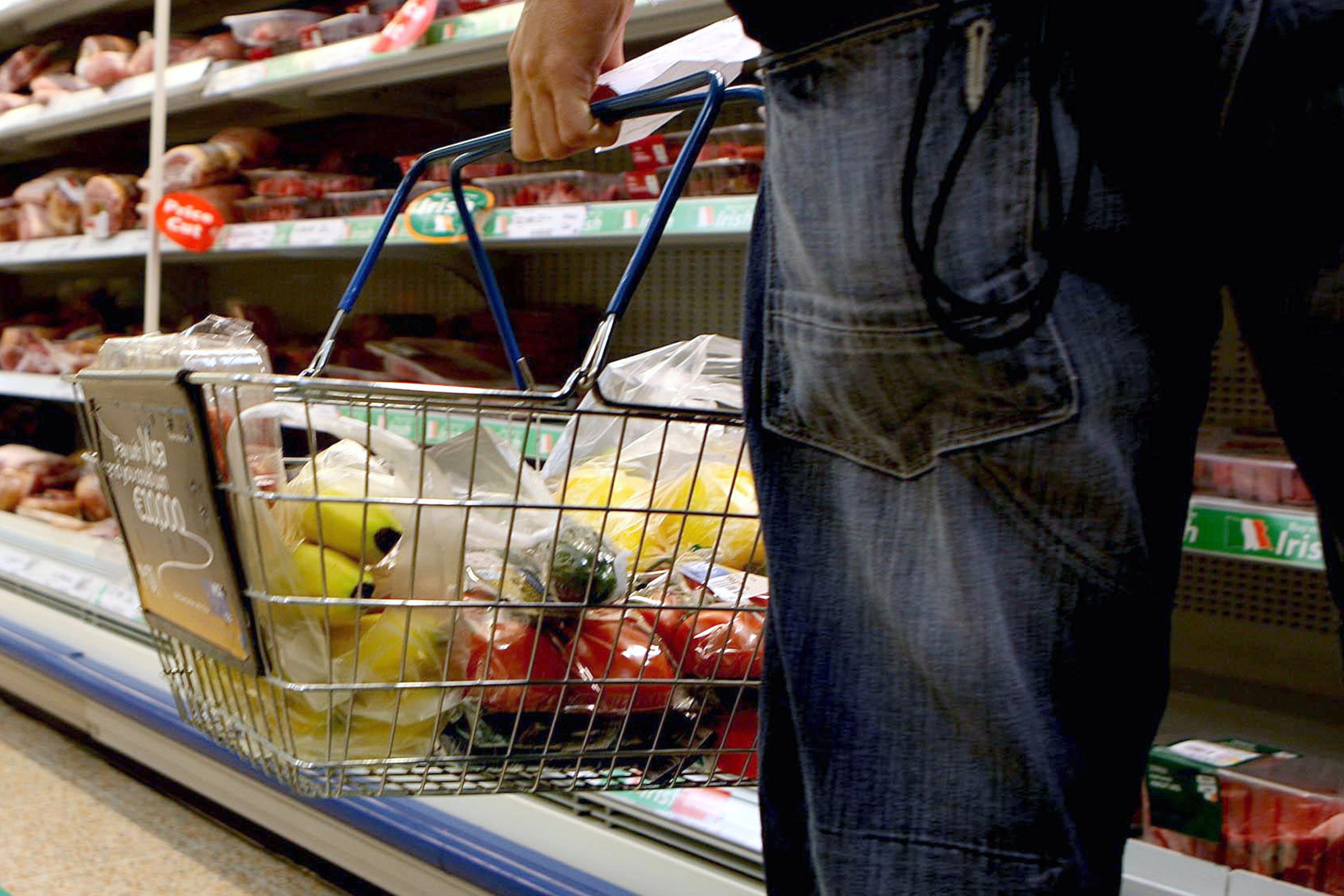Grocery price inflation falls to two-year low
Supermarket prices were 5.3% higher than a year ago in February, the lowest rate since March 2022, according to analysts Kantar.

Grocery price inflation has fallen to a two-year low as fierce competition among supermarkets offset the cost of disruption to Red Sea shipping routes, figures show.
Supermarket prices were 5.3% higher than a year ago in February, the lowest rate since March 2022 and a decrease marking the lowest rate since March 2022 and a significant drop from January’s 6.8%, according to analysts Kantar.
In an indication of the intensifying competition between retailers, Morrison’s became the latest retailer to launch a price match scheme with Aldi and Lidl, after Asda made the move in January.
Promotions increased again over the month after a post-Christmas slowdown, and consumers spent £586 million more on them than in February last year.
However, Britons still found room within their budgets to celebrate Valentine’s Day, with spending on steak and boxed chocolate up by 12% and 16% compared with last year.
The end of ‘Dry January’ saw total alcohol sales jumping by 18% in volume terms on the previous month, with consumers buying 28% more wine and 16% more beer and lager. Red wine was particularly popular, with eight million more bottles bought this month than in January.
Tom Steel, strategic insight director at Kantar, said: “Things are looking up for shoppers this February.
“Consumers have been navigating a grocery inflation rate of more than 4% for two years now, so this latest easing of price rises is especially welcome.
“Though there’s been lots of discussion about the impact the Red Sea shipping crisis might have on the cost of goods, supermarkets have been pulling out all the stops to keep prices down and help people manage their budgets.”
Lidl was the fastest growing supermarket for the sixth month running with sales up by 10.9% over the 12 weeks to February 18.
Fellow discounter Aldi also grew ahead of the market, boosting sales by 5.7% and maintaining its 9.4% share.
Sainsbury’s and Tesco increased their share of the market with sales up 7.6% and 6.2% respectively.
Bookmark popover
Removed from bookmarks